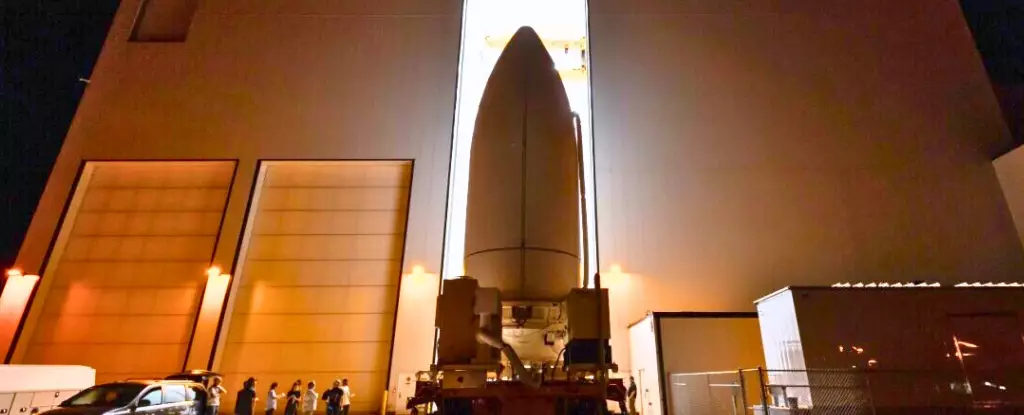Amazon is set to make waves in the competitive landscape of satellite internet with the upcoming launch of Project Kuiper’s first full batch of satellites. The mission, aptly named Kuiper Atlas 1, is scheduled for April 9, 2024, from Cape Canaveral, Florida, using the powerful Atlas V rocket. This initiative is not merely a test run; it symbolizes Amazon’s ambition to carve out its space in a market predominantly led by SpaceX and its Starlink service. The launch involves 27 satellites, a significant leap from the modest two prototype satellites tested in 2023, underscoring Amazon’s commitment to scaling rapidly.
Technological Aspirations and Global Connectivity
At its core, Project Kuiper aims to bridge the digital divide by providing high-speed, low-latency internet access to underserved regions worldwide. This mission is especially crucial in areas that typically lack reliable connectivity, such as remote regions, developing countries, or war-torn areas in crisis. Amazon’s vision is not merely to replicate what others have done but to enhance it, leveraging their technological advancements to deliver a robust service that guarantees internet access virtually anywhere on the globe.
As the firm continues to refine and deploy its satellites, the implications for global connectivity are remarkable. The investment in satellite internet may foster economic growth in regions previously left behind by traditional internet infrastructure, potentially transforming how these communities engage with the digital world. However, this ambition begs the question: will Amazon’s efforts genuinely serve those in need, or is this a calculated move to expand its market share?
Competing Giants: The Landscape of Satellite Internet
While Amazon’s entry is notable, it cannot be overlooked that they are entering a fiercely competitive arena. SpaceX, with its impressive portfolio of over 6,750 operational Starlink satellites since its inception in 2019, has set a high bar for performance and reliability that Amazon will be keenly aware of. Other players, such as China, with plans for an astounding 13,000 satellites, and Canada’s Telesat, are set to further saturate the market. The proliferation of satellite constellations raises concerns not only about competition but also about the sustainability and management of space resources.
As more companies pile into this burgeoning industry, the potential for both innovative services and regulatory challenges increases. How will these corporations navigate the complications of orbital debris and international regulations while attempting to maintain a competitive edge? It remains to be seen whether the ambitious goals of these companies can match the practical challenges that come with scalability.
Anticipation and Caution Ahead
While excitement surrounds the launch of Project Kuiper, caution is essential. The promises of high-speed internet for all are enticing, yet the reality of execution can be fraught with complications. Ensuring a steady, reliable connection in the most desolate regions poses significant technological and logistical hurdles. Additionally, the ethical implications of such expansive satellite networks must be scrutinized—will the benefits truly reach those who need them most, or will they primarily enhance the digital ecosystem for wealthier nations?
In this dynamic and rapidly evolving space, Amazon’s Project Kuiper is a high-stakes endeavor that could alter the global internet landscape. The company’s drive for innovation and resilience in a market dominated by competitors may well redefine connectivity, for better or worse.

